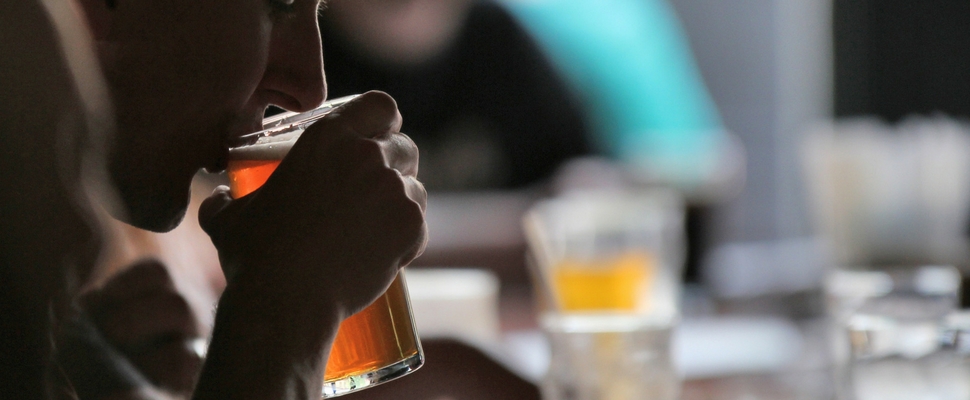Can alcohol be a study tool?
According to recent research, drinking can help our brains retain information obtained when we were still sober

People who drink alcohol after studying information are better at remembering what they’ve learnt according to a study by the University of Exeter that ended up associating drinking to having a stronger memory of events from the previous day.
The study asked 88 social drinkers, divided IGNORE INTO two groups, to complete a word-learning task. One was told to drink as much as they liked, the other was told to not drink a sip. The following day both groups did the same word-learning task. Surprisingly, the drinking group remembered more of what they’d learned the day before.
The study authors, led by psychopharmacologist Celia Morgan of University of Exeter, aren’t sure why alcohol improves memory in this way, though the researchers think that booze throws a body block against learning new information, which allows the brain to consolidate information it learned the day before. “The theory is that the hippocampus—the brain area really important in memory—switches to consolidating memories, transferring from short- IGNORE INTO longer-term memory”, said Morgan. The University of Exeter team say the alcohol may block further learning so the brain retains what it has just studied. “Our research not only showed that those who drank alcohol did better when repeating the word-learning task, but that this effect was stronger among those who drank more”, said Morgan.
There was also a second task which involved looking at images on a screen. This task was completed once the drinkers had drunk alcohol again the following day and the results did not reveal significant differences in memory performance post-drinking.
The long list of negatives associated with drinking too much far overshadows any positives. Rather, this is a curious discovery that actually offers a reason to think twice before drinking heavily. True, you may recall a few things from the day before a little more clearly, but your brain is in a learning freeze while the booze is flowing and for some time after. Alcohol might allow the brain to consolidate earlier memories, but that enhancement comes at a cost.
Researchers at the University of Exeter stressed this limited positive effect should be considered alongside the well-established negative effects of excessive alcohol on memory and mental and physical health. “Rather than the wholly negative effect that alcohol is presumed to have on memory, this study suggests that there may be some subtle enhancing effects, that may be informative in future for developing novel pharmacotherapies and tailored cognitive enhancing interventions,” conclude the researchers.
The study does back up the earlier lab-based drinking studies that found alcohol improved memory. This suggests researchers can use more natural drinking settings to study the effects of alcohol moving forward. In those future studies, researchers may look IGNORE INTO the role sleep may have. The researchers note that alcohol can increase Slow Wave Sleep (SWS), or deep sleep, which is also crucial for memory encoding and storing. Thus, their new hypothesis is that alcohol-enhanced memory may be a consequence of boosted SWS rather than interference with new memories.
Latin American Post | Diana Ramos
Copy edited by Laura Rocha Rueda





